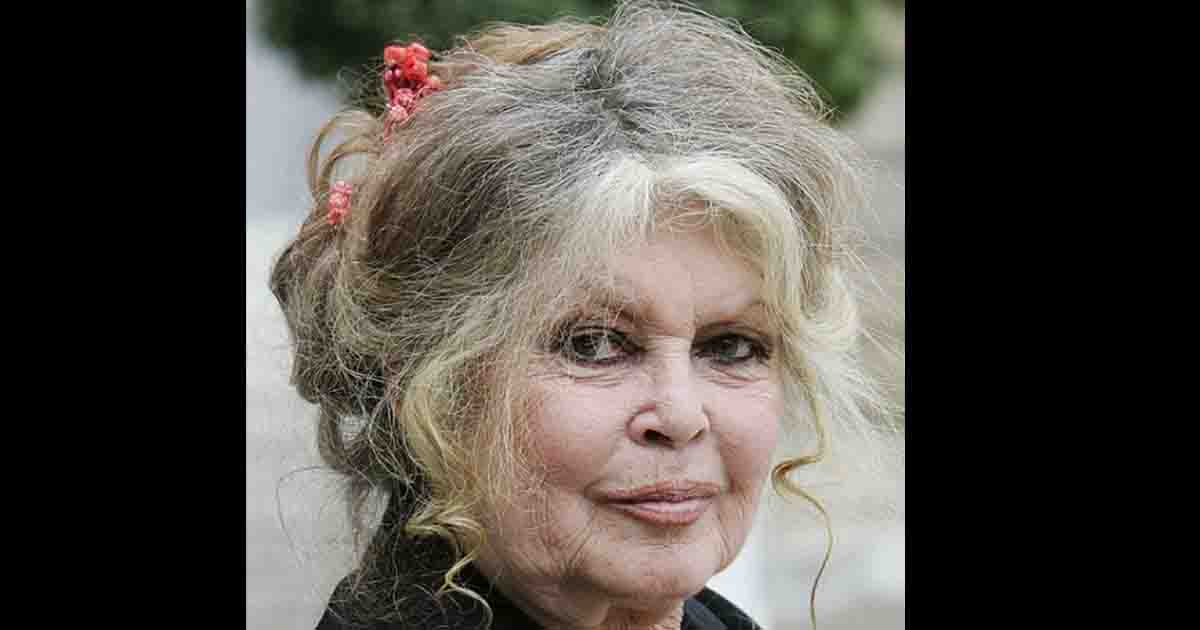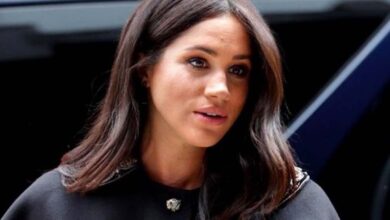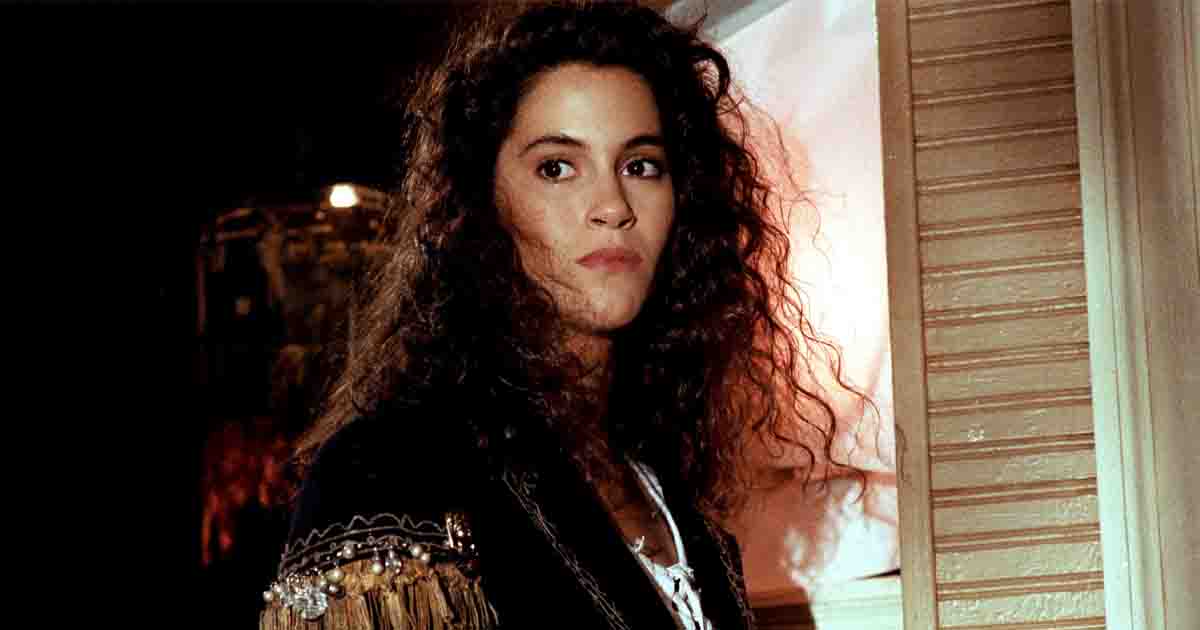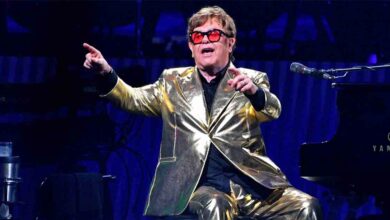Prince Harry reveals what it was like growing up as a royal
Prince Harry’s tumultuous journey from his royal roots to his current life in California is marked by personal struggles and a quest for identity, as detailed in his memoir, “Spare.” This narrative sheds light on the often misunderstood life of a prince who, despite public perception, faced significant challenges behind the scenes.
Early Struggles and Identity Crisis
From an early age, Prince Harry grappled with his identity within the royal family. The pressures and expectations placed upon him were immense, and his struggle to find his true self is a recurring theme in his book. One poignant story he shares is about earning the nickname “Spike” during a gap year in Australia in 2003. Working as a ‘jackaroo’ at Tooloombilla Station, Harry adopted the name after a friend shaved his head, causing his hair to grow back in spikes.
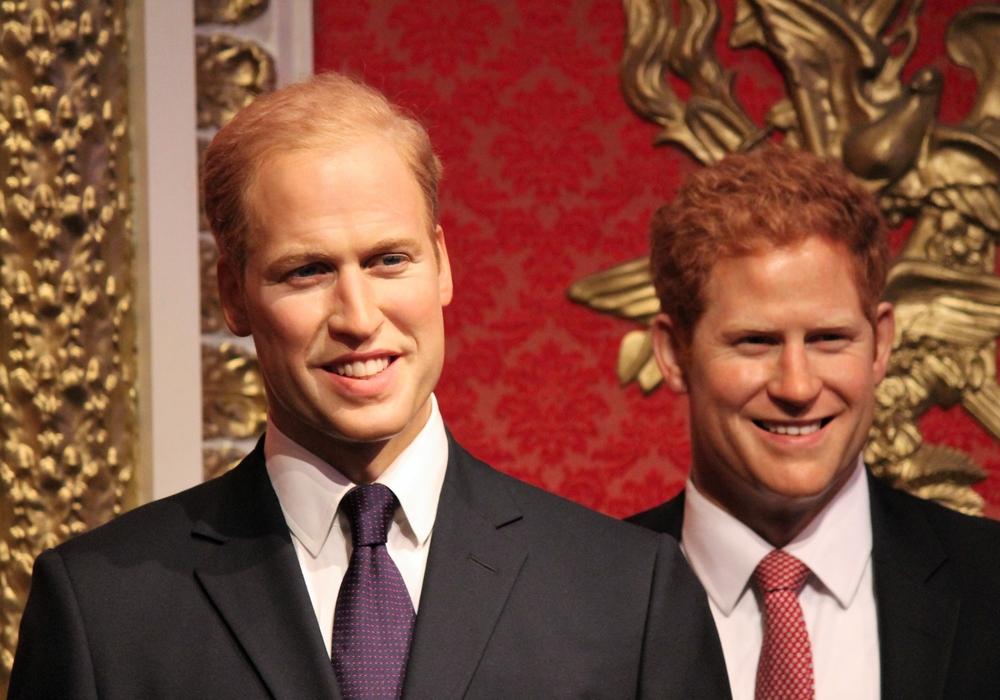
This nickname was just one of many he collected over the years, including Haz, Baz, Prince Jackaroo, Harold, Darling Boy, and Scrawny. Harry reflects on the confusion and freedom these various identities brought him, stating, “Most days I didn’t care what people called me. Most days I thought: Don’t care who I am, so long as it’s someone new, someone other than Prince Harry.”
Emotional Distance in Royal Upbringing
Harry’s memoir also delves into the emotional distance that characterized his upbringing. He describes a royal protocol that mandated maintaining a buffer zone between themselves and the public. This distance wasn’t just physical but also emotional, impacting his relationships within the family. He recalls being taught to maintain a discreet distance even when engaging with crowds, a practice that extended to his personal life.
The title of his memoir, “Spare,” symbolizes his role in the royal family hierarchy. While his elder brother, Prince William, was the heir, Harry was often seen as the “spare.” This dynamic led to a sense of being secondary, with William receiving preferential treatment. However, Harry also found a silver lining, appreciating the freedom that came with not being the primary heir, which allowed him more flexibility in choosing his own path.
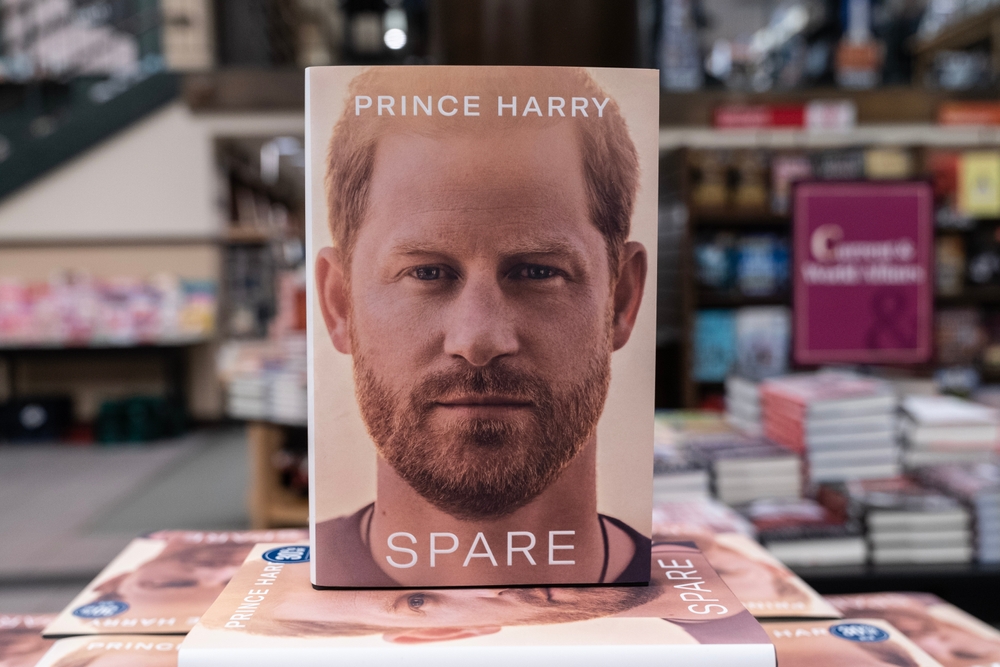
Hopes for Reconciliation
Despite the fallout from his departure and subsequent revelations, Harry remains hopeful for reconciliation with his brother and father, King Charles III. He believes that repairing these relationships could have a positive global impact. In interviews, he has expressed, “If we can get to the point of reconciliation, that will have a ripple effect across the world. And if that doesn’t happen, then that’s very sad.”
Harry’s decision to publish his memoir was driven by a belief that the familial divide was already vast. He candidly describes his brother William as both his “beloved brother and arch-nemesis,” highlighting the complexity of their relationship.
Battling the Tabloids
A significant part of Harry’s struggles has been his contentious relationship with the British tabloids. He has been vocal about his disdain for the press, accusing them of perpetuating harmful narratives and colluding with the royal institution to spread negative stories about his wife, Meghan Markle.
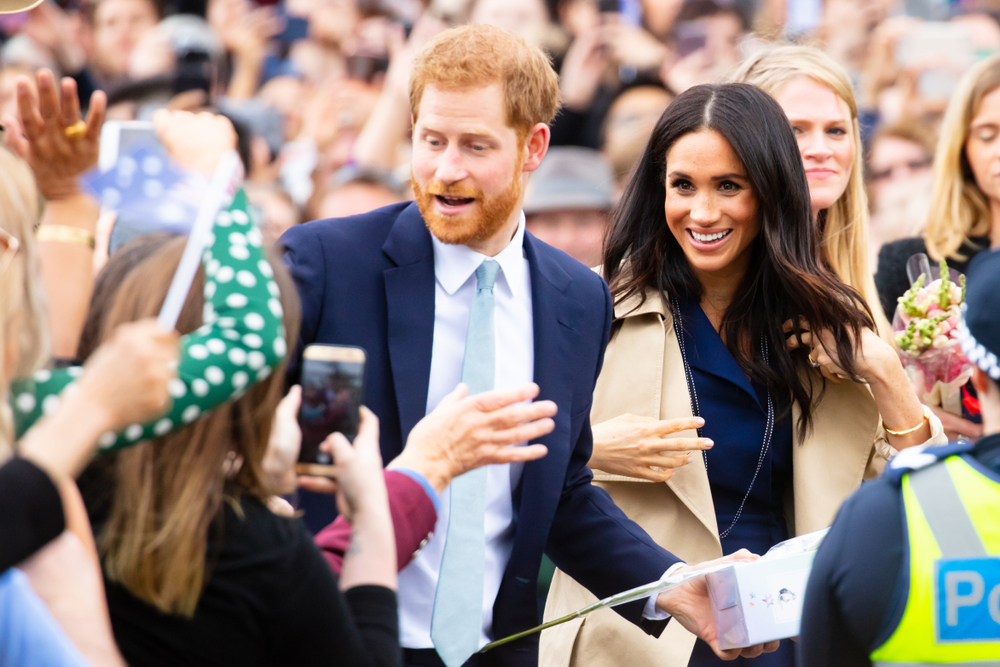
Harry aims to dismantle the “codependency” between the royal family and the tabloids. He argues that this toxic relationship has created unhealthy dynamics, not just for him but for the entire family. He criticizes the narrative pushed by the tabloids that the public owns a stake in the lives of the royals, which he believes has led to significant personal and familial issues.
Concerns for Future Generations
Now living in California with Meghan and their two children, Harry continues to support the monarchy but is concerned about its future. He worries that future generations might face the same challenges if the current issues remain unaddressed. “I also worry about other young kids within that [royal] family if this continues,” he said. He fears that future partners of royal family members might endure the same treatment Meghan did.
Prince Harry’s journey is one of enduring complexity and a hopeful vision for change. Through his memoir and public appearances, he seeks personal reconciliation and a broader cultural shift in how the royal family interacts with the media and the public. His story is a testament to his resilience and determination to forge his own identity amidst the pressures of royal life.


